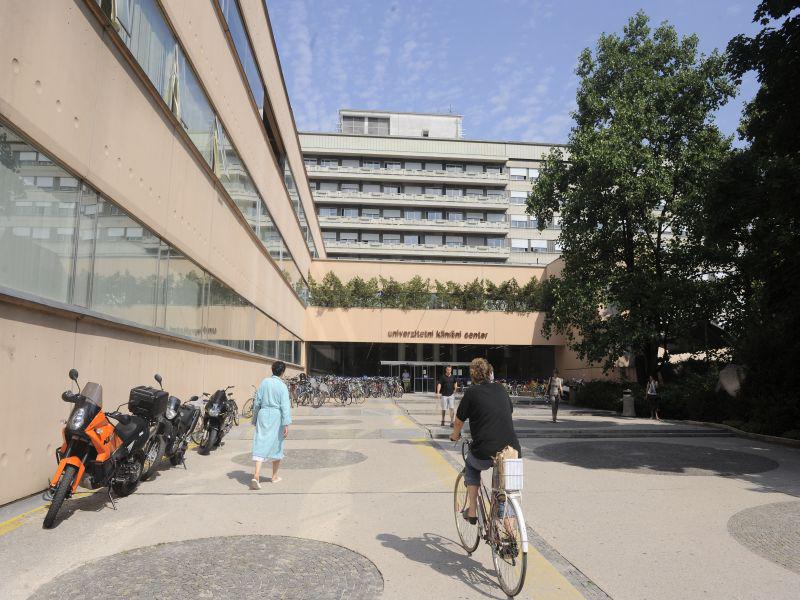The management of the Ljubljana medical centre presented the findings of the internal investigation of the alleged euthanasia at the Department of Neurology and explained that the evidence is not sufficient to confirm the suspicion of euthanasia. The procedure for extraordinary notice for the doctor was initiated, and a criminal complaint filed.
The internal expert supervision did not confirm the suspicion of euthanasia at the Department of Neurology, as supposedly not enough material evidence was found. Doctor Ivan Radan did order the infusion of potassium to be prepared, which the members of the expert commission consider as opposed to the rules of medical profession. But the lack of evidence prevented the expert supervisors to confirm with certainty that potassium was indeed administered, i.e. had flown into the patient's body, and that it had caused cardiac arrest – although that is more probable than it flowing out beside the body of the patient. The decision to waive the post mortem examination of the patient was wrong, considering the circumstances of the case.
Doctor Ivan Radan did explain to the media that potassium was not injected into the patient, and characterised his act as a form of protest, but the Medical Director of the Medical Centre Sergej Hojker characterised his action as a severe ethical violation. "It is inadmissible. We have no right to use patients for our protests," Hojker warned, and at the same time expressed a public apology to the family of the patient. Radan has been given extraordinary notice, and is facing a criminal complaint.
Medical Director of the University Medical Centre Ljubljana added that additional measures, which ordering of potassium certainly is, should trigger alarm within the department, but in this case nothing happened. Therefore he also initiated the procedure for replacement of Radan's superior, head of the Department for Intensive Care, and head of the clinical department.
At that occasion he said that there is one positive side to the whole story, and that is the fact that a discussion on death has started, which we have been pushing away until now. "A person has sthe right to die with dignity, and the discussion on that topic is very welcome," Hojker added.
Gregor Cerar
Translated by G. K.


































































